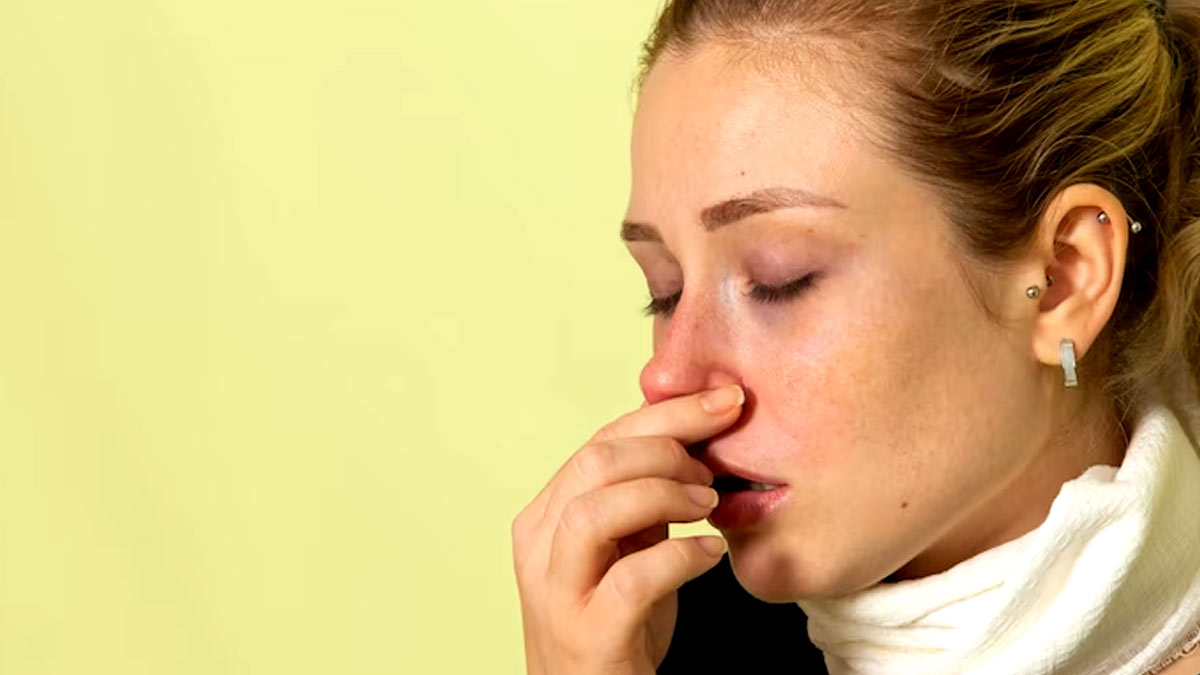Fun Tips About How To Get Rid Of Mucus Throat

This can result in throat irritation and postnasal drip, along with chest congestion.
How to get rid of mucus throat. When gargling salt water, follow these steps: Use a humidifier d3sign/getty images breathing in dry air or air with very low humidity can be irritating or dehydrating for your airways. Coughing up phlegm is a symptom of infections like the flu and common cold.
Snot can get everywhere, so if you're struggling with a cold or allergies and producing a lot of mucus you might be starting to lose hope. It is starting to get cold. This home remedy can help clear mucus from the back of your throat and may help kill germs.
Advertisement read on to learn about the different causes for constantly having mucus in your throat. Steam helps to break up mucus in your chest, nose, and throat, allowing you to expel it from your body easier. Overview certain health conditions, environmental factors and lifestyle factors can all contribute to coughing up phlegm.
Getting rid of phlegm and mucus at home 1. The body needs to stay hydrated to keep mucus thin. Dissolve a teaspoon of salt into 8 ounces of lukewarm or warm water.
There's an issue and the page could not be loaded. [6] boil a pot of water and hold your face over the bowl and breathe in the steam for several minutes. Mix.5 teaspoons (2.5 ml) of salt into 1 cup (240 ml) of warm water.
Page couldn't load • instagram. If a digestive disorder or infection causes the accumulation of mucus, then home remedies like baking soda, honey, ginger, or steam inhalation can help to loosen phlegm and clear your throat. It may also occur with a range of conditions including the common cold, asthma , sinusitis, pneumonia , and cystic fibrosis.
Humidify the air moisturizing the air around you can help keep mucus thin. Gargling with warm salt water can help soothe a sore throat and loosen up mucus and phlegm. There are many reasons why.
But while a steady stream of snot. A common brand name that contains guaifenesin is mucinex. Elevating the head of your bed or using extra pillows at night to elevate your head and chest can help to drain phlegm from the sinuses and prevent it from pooling in the back of your throat.
If you struggle to drink enough plain water, consider adding in other hydrating beverages like tea, broth, and sports drinks such as gatorade. It sounds cliché, but you likely hear this advice often because it works. If you have chronic problems with mucus and phlegm, try the following.
They can decrease inflammation and drainage in the nasal passages and sinuses. Mix a teaspoon of salt into a glass of warm water, gargle for 30 seconds, then spit it out. Certain coughing techniques can help loosen up mucus and phlegm, making it easier to expel.


















